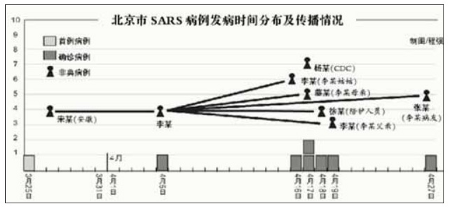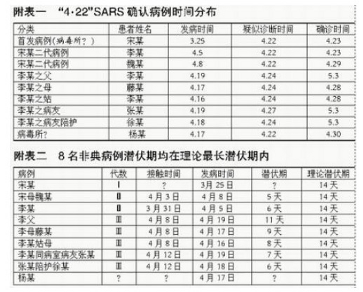First of all, the defining ethical feature of the modern world is that each human life has equal moral worth.
Only the most extreme regimes can disregard - without consequences - that their citizens are cognisant of this.
#RussiaProtests
(2/21)
In Belarus, escalating violence against protestors caused the regime more damage than it had hoped.
Unlike Belarus, where the special police numbers a couple of thousand, the Russian special police can handle vast numbers of protestors.
#RussiaProtests
(3/21)
So could the Putin regime order the special police, the broader national guard, and regular police to round up 10,000 protestors, and adopt Gestapo-like tactics on them?
At this stage, no- the regime would consider that an act of existential self harm.
#RussiaProtests
(4/21)
The regime can take extreme steps with individuals, e.g. Navalny. But it's not ready to universalise this to all citizens.
Moreover, it can't. The bodies of state responsible for organised violence in Russia compete with one another, & aren't part of a vertical system.
(5/21)
Could Navalny himself benefit form this conflict? Absolutely!
@GlebPavlovsky, an ex Putin strategist, said this week that there is conflict at the heart of the regime between civilians and military/security folks about how to handle Navalny.
#RussiaProtests
(6/21)
Pavlovsky says this is elevated Putin himself, who can now assert himself by arbitrating between the two teams. So far Putin has gone with the military/security folks.
But the civilian folks are pointing out that so far the military/security folks are messing up.
(7/21)
Back to the protests. There is a paradoxical sense in which citizens are less open to state violence in an authoritarian state than they are in a democracy.
Even the 'defund the police' case in the US still grants the police considerable legitimacy.
#RussiaProtests
(8/21)
In an authoritarian regime, it is easier to argue that ANYTHING the police does is merely illegitimate violence.
When these regimes engage in violence against citizens, they magnify a latent perception of their illegitimacy.
#RussiaProtests
(9/21)
Putin has called the collapse of the USSR 'the greatest geo political catastrophe of the 20th century'. He is acutely aware that killing protestors - whether in the Soviet Union, or in the Ukraine, or Belarus - can undermine a regime.
#RussiaProtests
(10/21)
In 2019 Moscow saw the largest public protests since the early 1990s. This was after the national guard engaged in violence against a smaller group of protestors (protesting a fixed election to the Moscow Duma).
#RussiaProtests
(11/21)
But there is a 'but' to everything said above. The regime is keen to threaten that it will do the things I have argued it can't/won't do to dissuade protestors from coming out.
The preference is usually to issue these threats indirectly.
#RussiaProtests
(12/21)
The regime may send messages to schools, feed rumours into online forums, contrive leaks from security organs.
Very often this will be local and directed to areas where protest gives them the greatest concern.
#RussiaProtests
(13/21)
Ahead of today's #navalnyprotests , the authorities have been concerned about protest messages on TikTok generating hundreds of millions of views.
#RussiaProtests
(14/21)
Everything we have said above is magnified if the protestors are under 18.
The regime has been esp keen to scare not just school children but parents and relatives about all kinds of fictional but nightmarish, including the use of fire arms.
#RussiaProtests
(15/21)
If you were a Russian citizen (as I am not) and wanted to partake in a protest against Putin, what would be the risk?
Unless you are a public figure (in which case your risks will be higher), your risks will be minor.
#RussiaProtests
(16/21)
Protestors who don't carry a placard, aren't the last to leave, and protest peacefully, will get home safely the night of the protest in the majority of cases.
#RussiaProtests
(17/21)
What happens to those who are arrested? Typically they will sit in a police van, which may remain parked for hours until it is fully loaded with arrested protestors.
#RussiaProtests
(18/21)
At the station, after much bureaucracy, they will be ordered to appear in court and sent home charged with unsanctioned protest.
A minority may be kept in the cell over night or longer.
#RussiaProtests
(19/21)
And a smaller minority will face more serious charges reserved for violent rioting. Unfortunately, these charges will likely be applied arbitrarily, and they can be ruinous for a career or education.
#RussiaProtests
(20/21)
So that's a bit about protest in a regime such as Russia.
Find my full breakdown video below (up on YouTube this morning).
Ask me any question you like about this thread. Thanks for reading!
(21/21) #RussiaProtests
📽️
https://t.co/jS25OyG9oH



